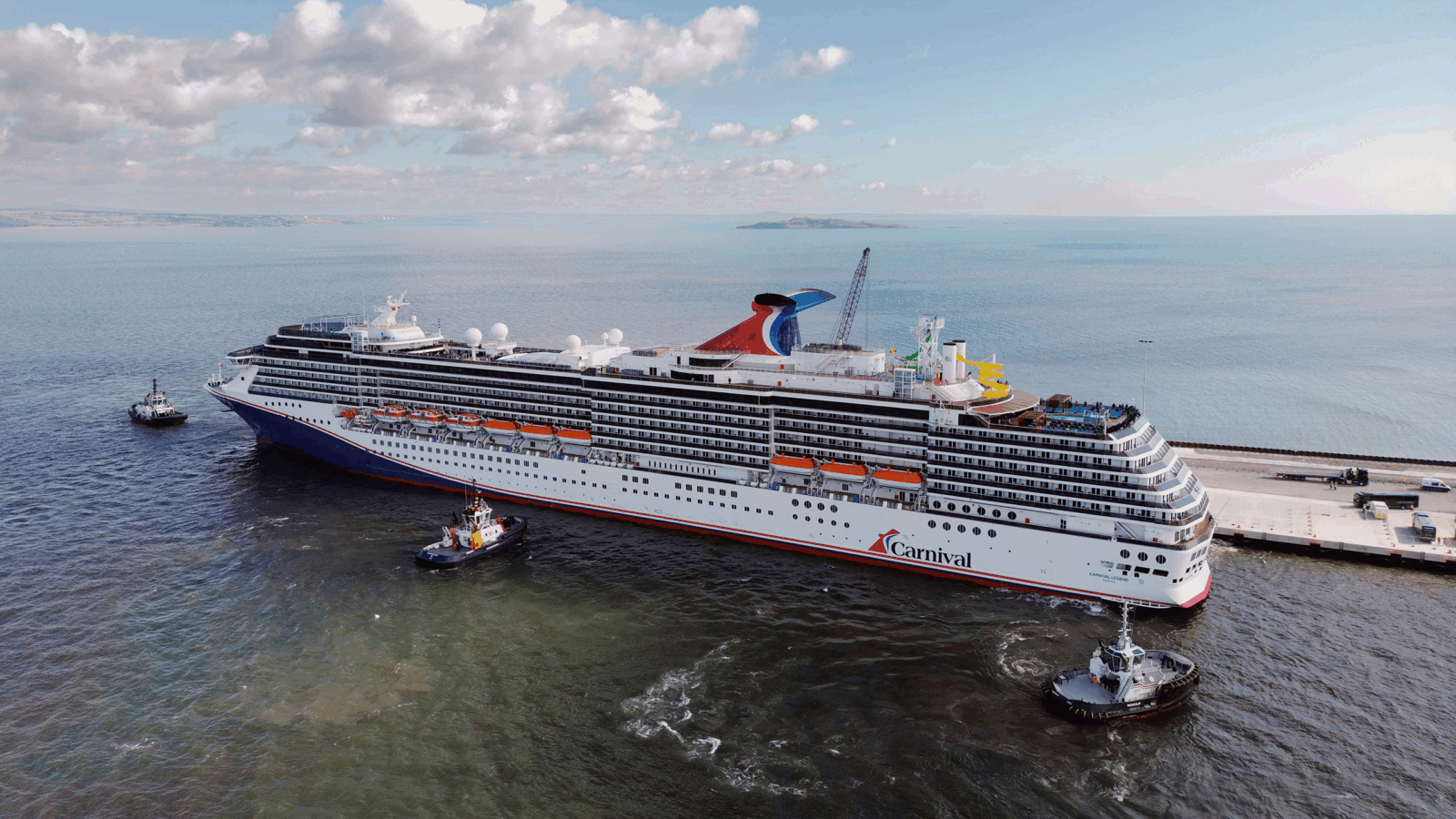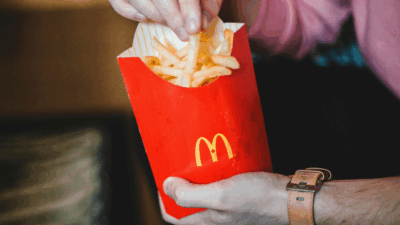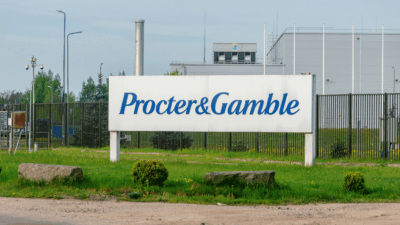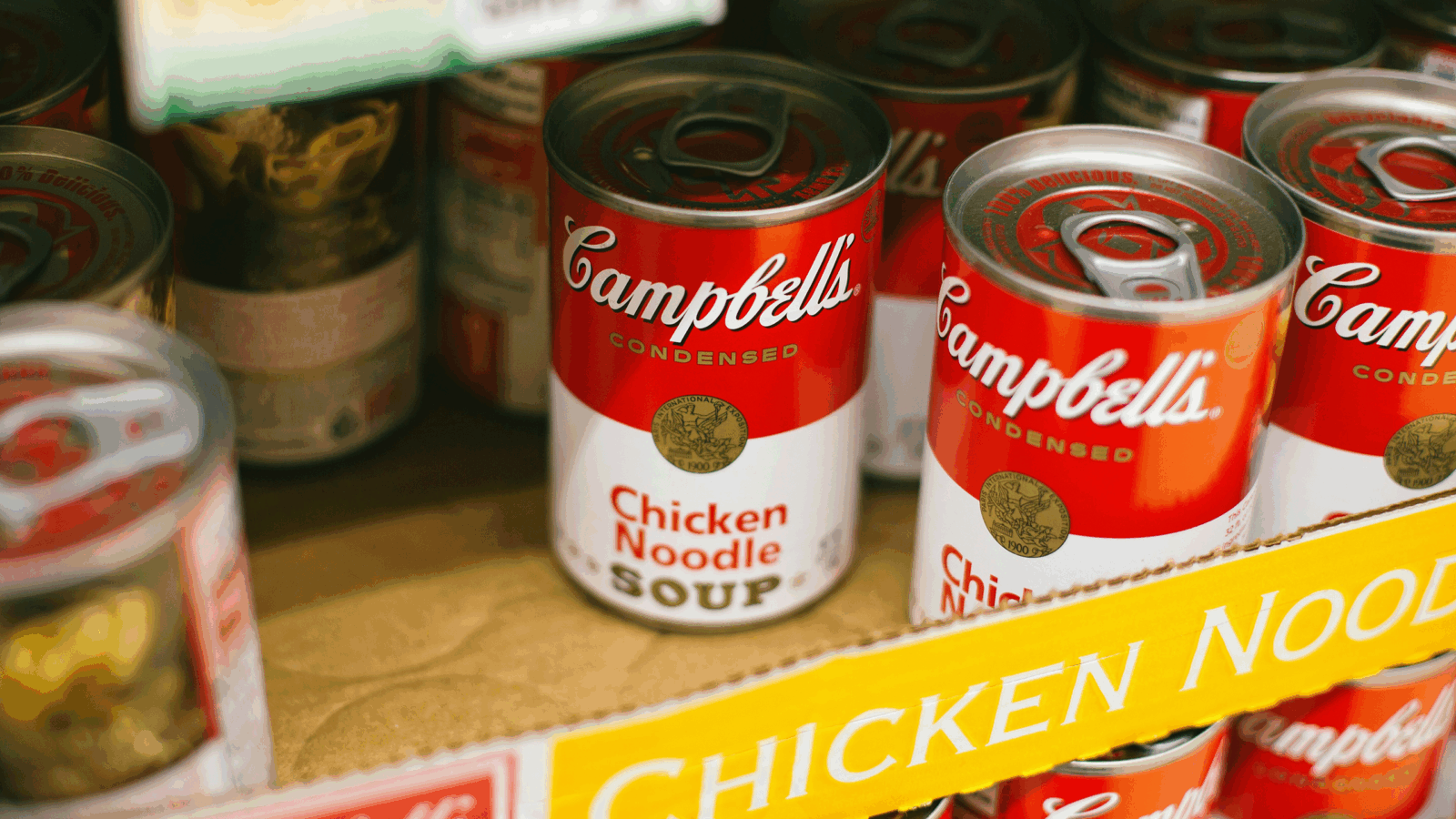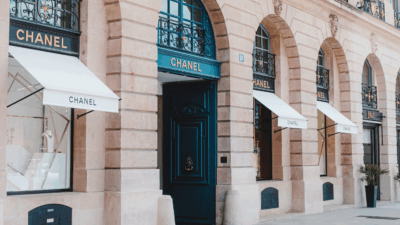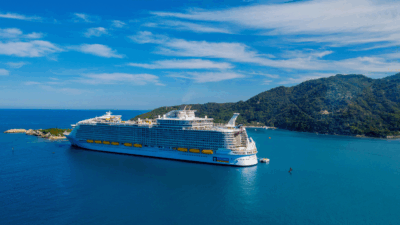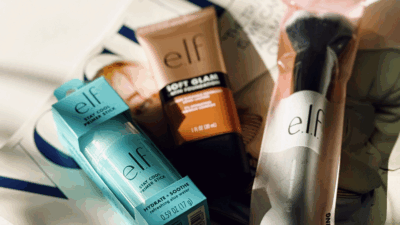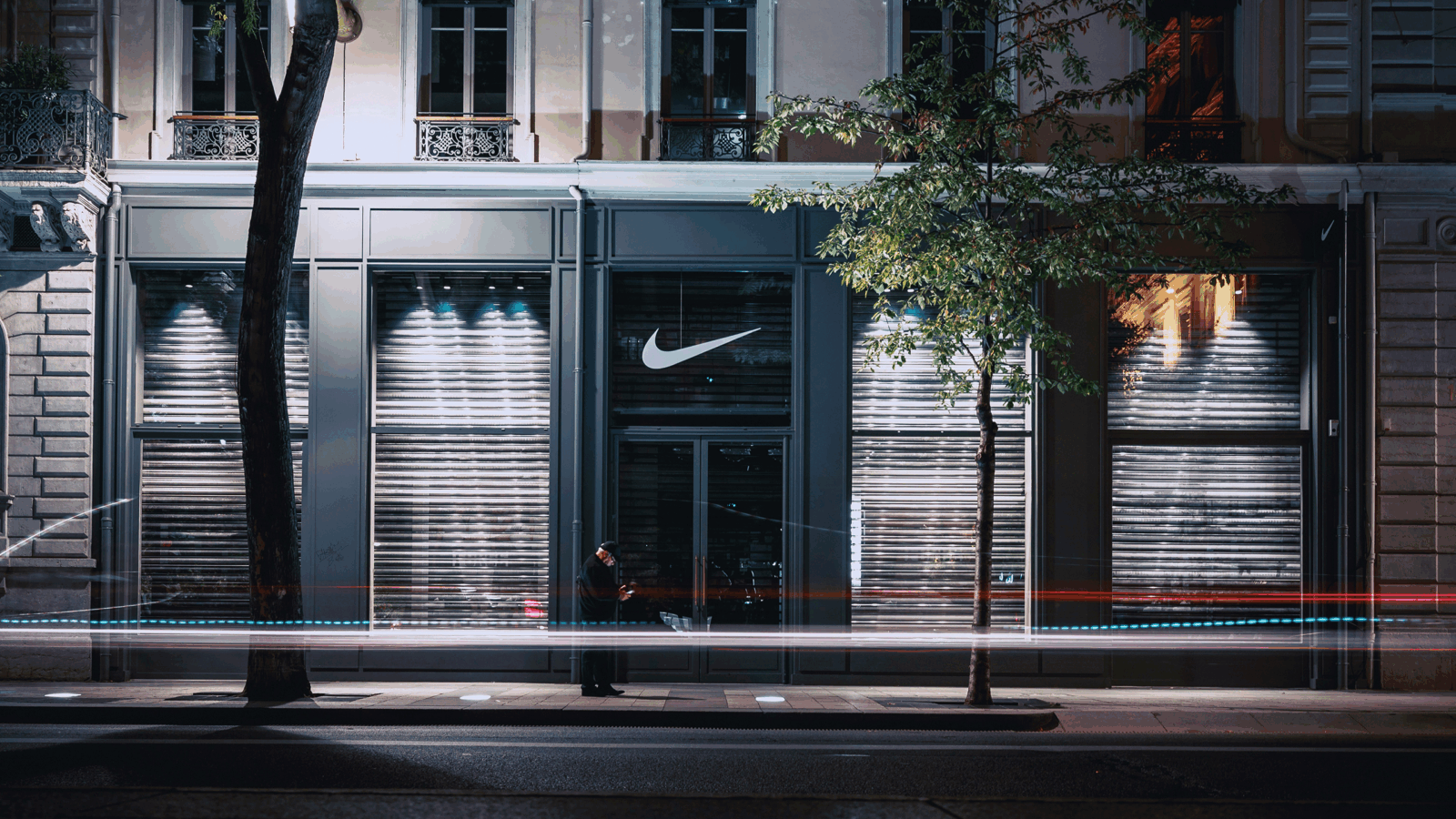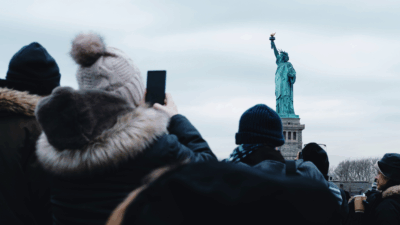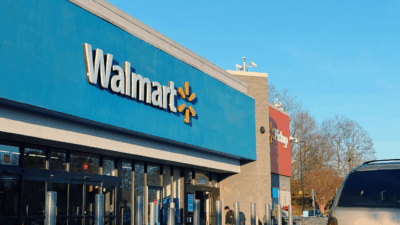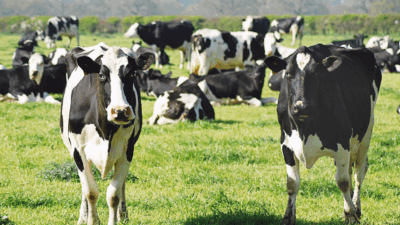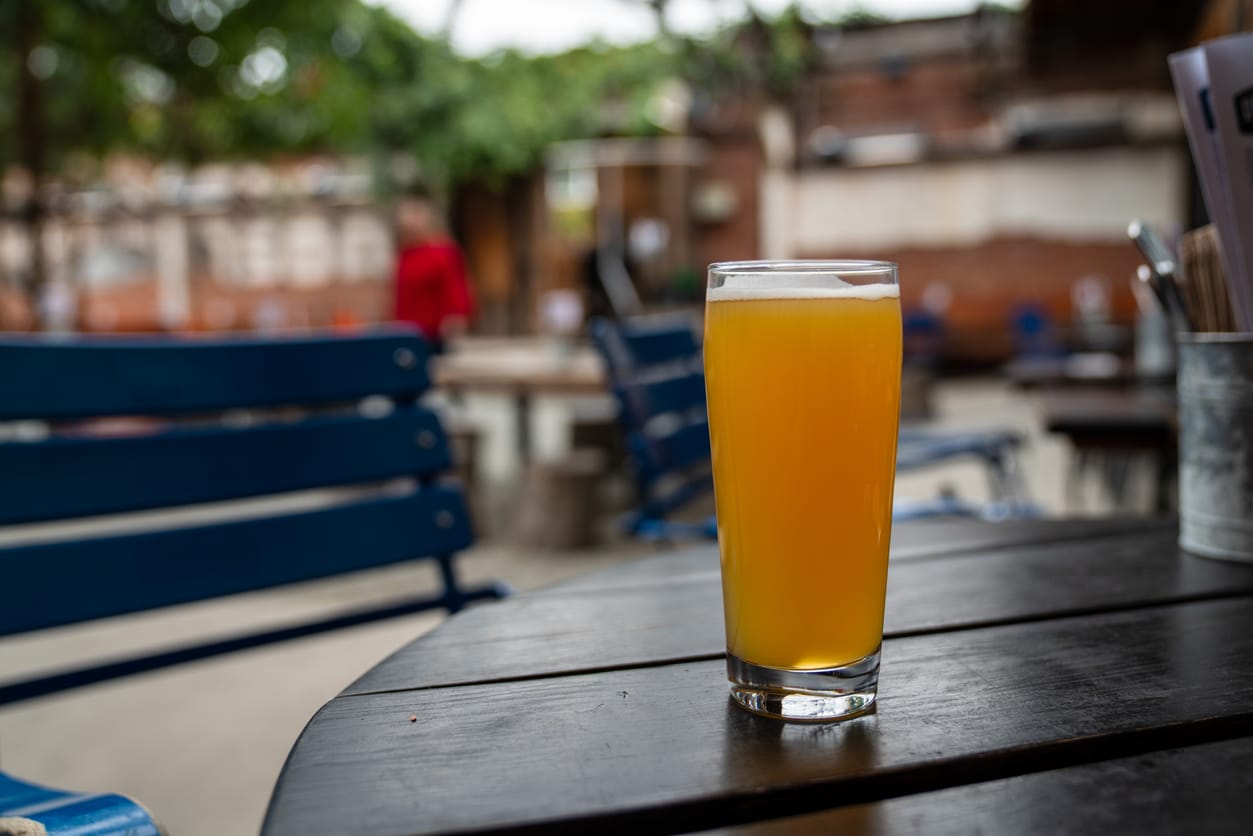
Sign up for smart news, insights, and analysis on the biggest financial stories of the day.
Asahi, Japan’s largest brewer, was once considered conservative and domestic-focused, not where you’d look to for industry trendlines.
But a lot has changed, and since 2016 the company has acquired Peroni, Pilsner Urquell and Carlton Draught.
Now a global brewing giant, Asahi’s new CEO Atsushi Katsuki — who took over in March — said Monday that he wants to wield the company’s newfound power with another shake up: shifting to alcohol-free beer.
Riding the Wellness Wave
Shut out of the clubs and the pubs, global alcohol sales fell 9.4% in 2020 to 24.8 billion nine-litre cases, according to drinks analytics group IWSR. But low and no-alcohol alternatives drink sales kept the (sober) party going and actually grew slightly, up 0.95 per cent to 292.1 million cases.
Asahi saw the numbers move even more drastically in some markets.
- In Europe, the company’s non-alcohol brew sales grew 10% in 2020, with Birell and Peroni Libera proving especially popular. Beer sales, meanwhile, fell 6% on a volume basis.
- Katsuki said Monday that his company wants to quadruple its 5.1% ratio of non-alcohol drink sales in Europe by 2030. He also wants to triple the same ratio in Japan, to 20%.
Market studies show increasing consumer attention to “wellness” is what kept low- and non-alcoholic beverage sales resilient last year — and similarly helped sales of vitamins and herbal teas. Even before the pandemic, almost a third of millennials said they were cutting back on beer due to health concerns.
“Non-alcohol is a good all-around product,” said Katsuki, in an interview with the Financial Times. “It helps to resolve social issues, it connects us with new users and it leads to our profitability.”
Why It Matters: Capturing and expanding the alcohol free market is how beer companies, which have seen tightening margins in recent years, will survive. In the U.S. sales of low and no-alcohol drinks are projected to grow 10.7% annually between 2020 and 2024, beating the UK at 6.6% and Japan at 6.5% — to wit, Budweiser launched its own 50 calorie alcohol free beer last year and has its own Chief Non-Alcohol Beverages Officer.
